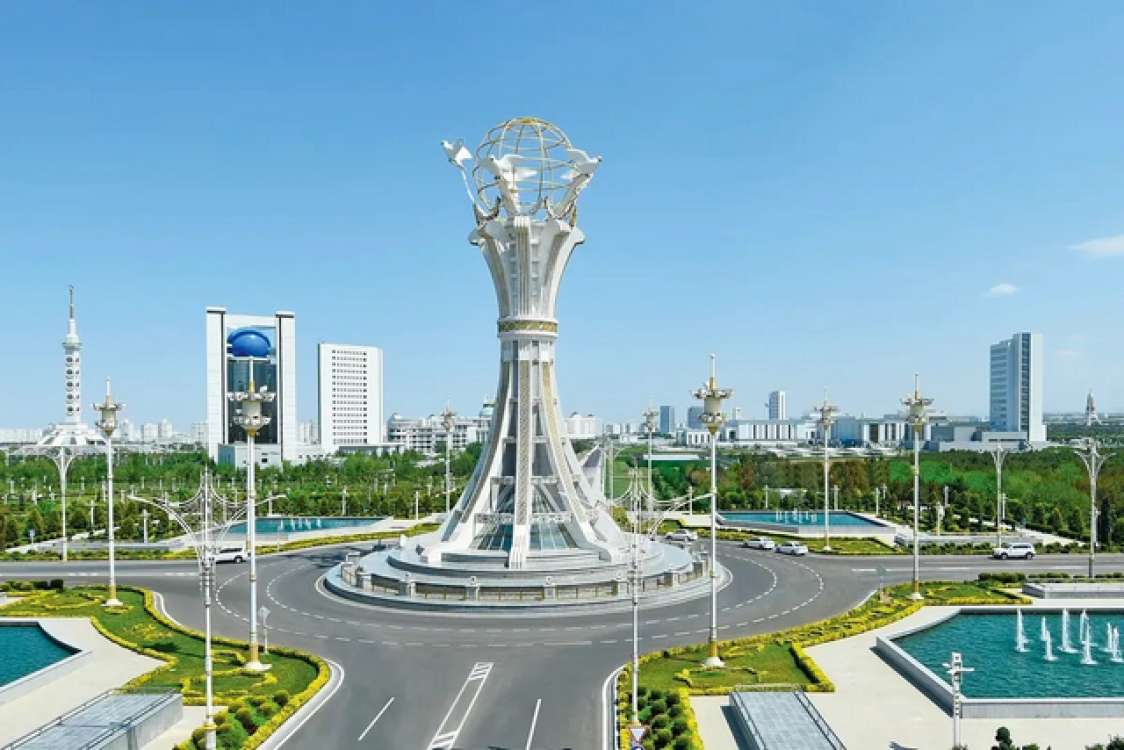
In 2025, Turkmenistan celebrates the 30th anniversary of the status of permanent neutrality, which has become not only the basis of its foreign policy, but also an important element of the country's environmental strategy. Turkmenistan promotes sustainable development, participates in international environmental initiatives, cooperates with the UN and other organisations, and contributes to solving global climate problems. This was reported by the news agency ‘Turkmenistan: Golden age’.
At the international climate forum in Samarkand, Turkmen President Serdar Berdimuhamedov emphasised the importance of partnership with the EU on climate issues and reaffirmed commitment to key environmental agreements. The country has joined the Global Methane Pledge (GMP), established a relevant inter-ministerial commission and has already achieved emission reductions.
Domestically, programmes were being implemented to develop renewable energy, energy efficiency, water conservation and combating desertification. Particular attention is paid to greening: millions of trees are planted as part of popular actions, forest areas are created, and rare species are protected.
The Arkadag city has become an example of environmentally oriented urban development. Ashgabat is also developing as a ‘garden city’ that meets modern environmental standards.
Turkmenistan is actively working to protect the Caspian Sea ecosystem by developing environmentally friendly infrastructure and ‘green diplomacy’. Among the priorities are preservation of the unique nature of the Karakums and promotion of desert reserves to the UNESCO World Heritage List.
Turkmenistan, while remaining a neutral state, demonstrates its readiness to engage constructively in addressing global environmental challenges and strengthening international co-operation for a sustainable future.













 Read us in Zen
Read us in Zen



